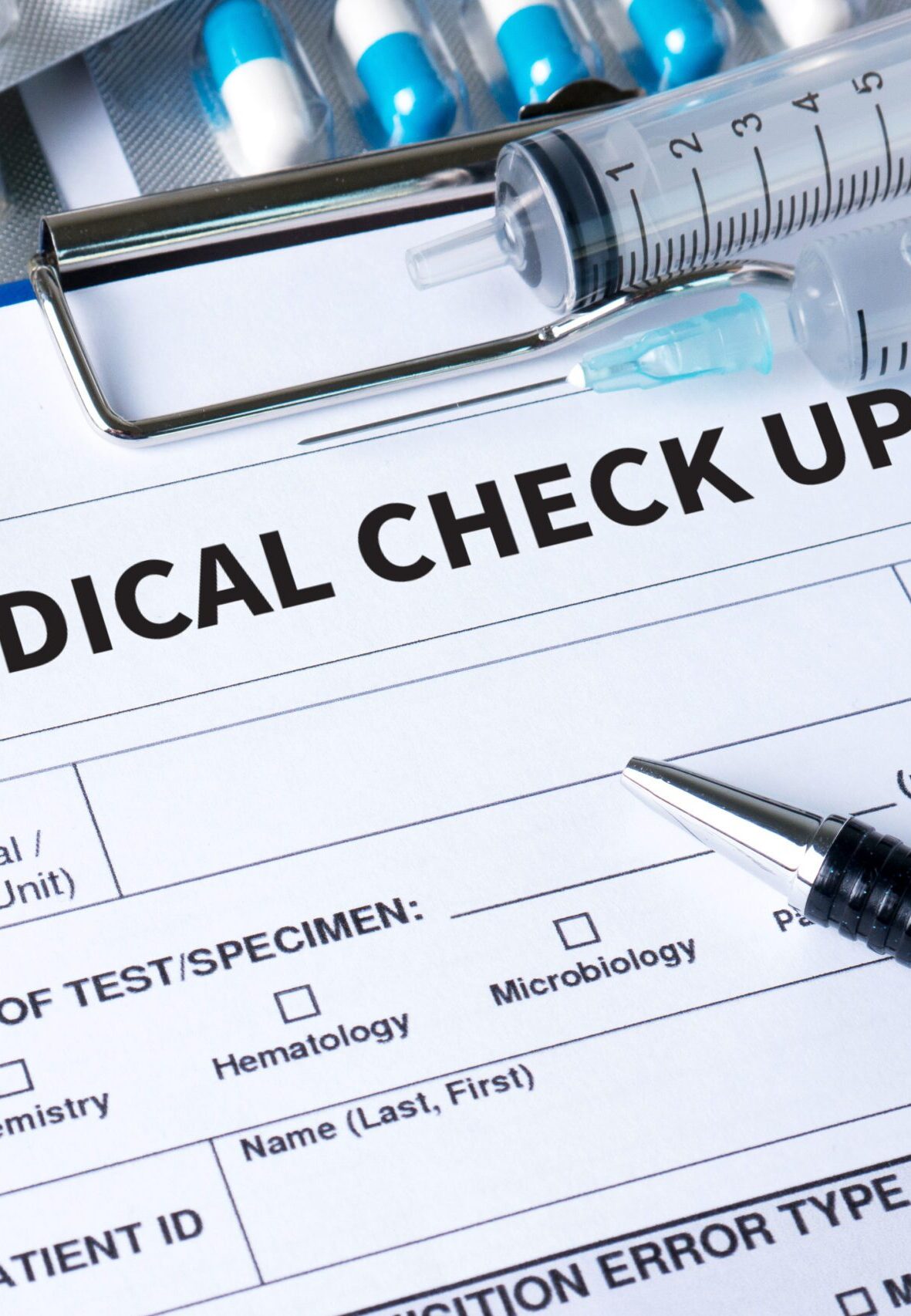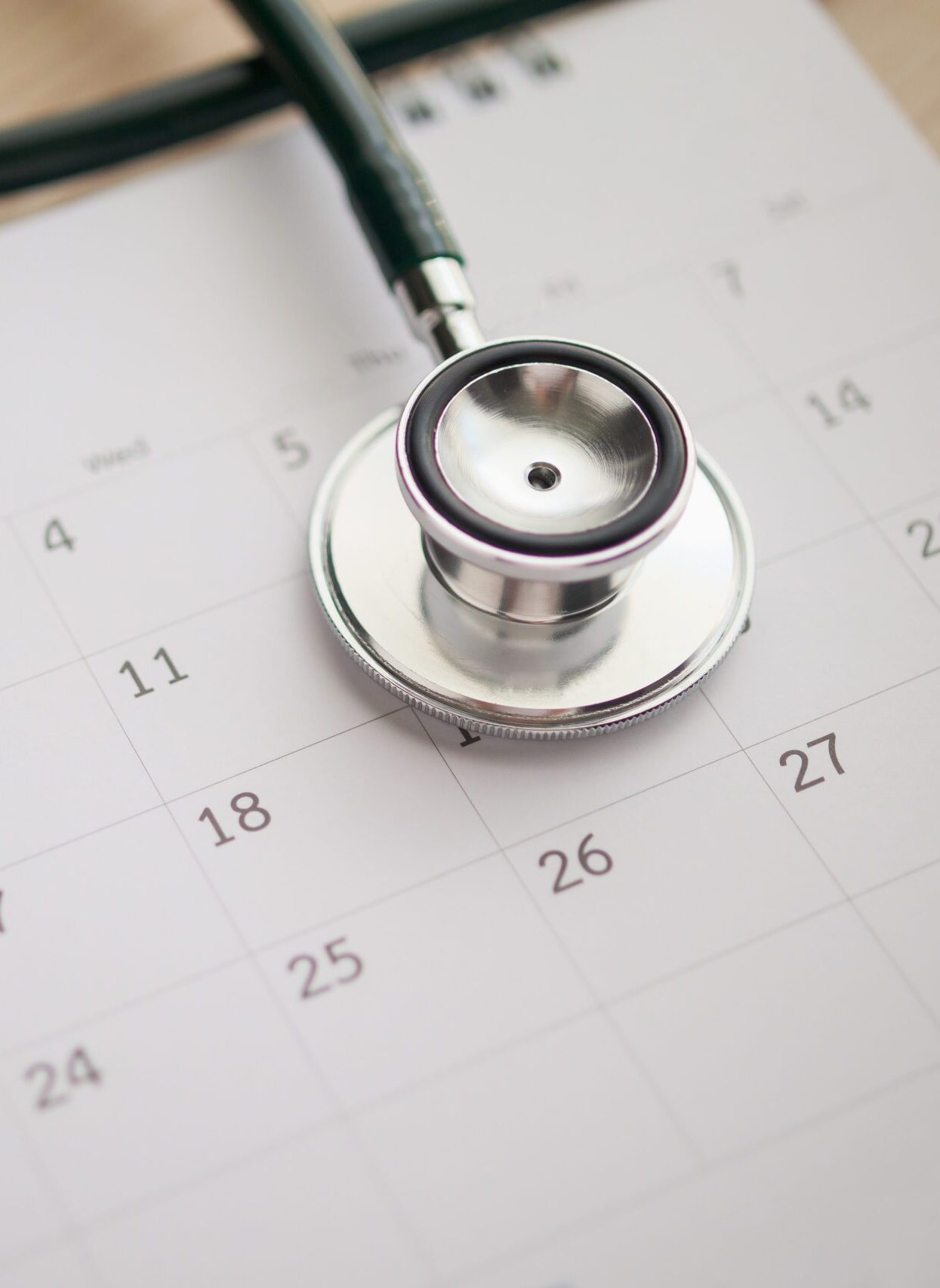Age-Perfect Health Screenings: Expert Advice for Every Milestone



Whether you’re in your roaring twenties, fabulous fifties, or golden sixties, health screenings are an essential part of maintaining your well-being. Navigating these screenings can sometimes feel overwhelming, but worry not! We’re here to guide you through the process with some simple, friendly tips that apply to any life stage.
The Importance of Health Screenings
First things first, why are health screenings so important? Regular check-ups and screenings can help detect potential health issues early, when they’re easier to treat. They can also provide a clearer picture of your overall health and prevent future problems. Think of it as giving your car a regular tune-up to avoid a major breakdown!
Know the Recommended Screenings for Your Age
Different life stages come with different health concerns. Here’s a quick rundown of some common screenings based on age groups:
- Twenties and Thirties: Blood pressure, cholesterol, STI screenings, seasonal vaccines like flu and Pap smears for women.
- Forties: Mammograms for women, prostate exams for men, annual labs, seasonal vaccines and diabetes screenings.
- Fifties and Beyond: Colonoscopies, bone density tests, and annual flu shots.
Of course, these are general guidelines. Your primary care provider will personalize recommendations based on your medical history and risk factors.
Don’t Be Shy – Ask Questions!
One of the best ways to feel more comfortable with health screenings is to ask questions. If you’re unsure why a particular test is needed or what the process involves, don’t hesitate to speak up. Your doctor is there to help you understand and feel at ease. Remember, there’s no such thing as a silly question when it comes to your health!
Prepare for Your Appointments
Preparation can make your screening experience smoother and less stressful. Here are a few tips:
- Bring a List of Medications: Jot down any prescription medications, over-the-counter drugs, and supplements you’re taking.
- Know Your Family Health History: This can provide valuable insights for your doctor and help identify potential risk factors.
- Fast If Required: Some screenings, like cholesterol tests, may require fasting. Make sure to follow any pre-test instructions provided by your healthcare provider.
Stay Calm and Positive
It’s natural to feel a bit anxious before a health screening, but try to stay calm. Remember, these tests are designed to help you stay healthy and catch any issues early. Take deep breaths, and if you’re feeling particularly nervous, let your healthcare provider know. They can offer reassurance and support.
Follow Up on Results
After your screening, make sure to follow up on your results. If you don’t hear back within a reasonable time frame, don’t hesitate to reach out. Understanding your results and any next steps is crucial for your ongoing health management.
Keep Up with Regular Screenings
Health screenings aren’t a one-time thing. Keeping up with regular screenings throughout your life is key to maintaining good health. Set reminders or schedule your next appointment before leaving the doctor’s office.
Encourage Loved Ones
Finally, encourage your friends and family to stay on top of their health screenings too. Share your positive experiences and tips with them. It’s a great way to spread awareness and support each other in leading healthy lives.
Feeling more prepared already?
Navigating health screenings doesn’t have to be daunting. By staying informed, prepared, and proactive, you can take charge of your health at any life stage. And remember, we’re always here to help guide you on your wellness journey. Stay healthy and happy!



